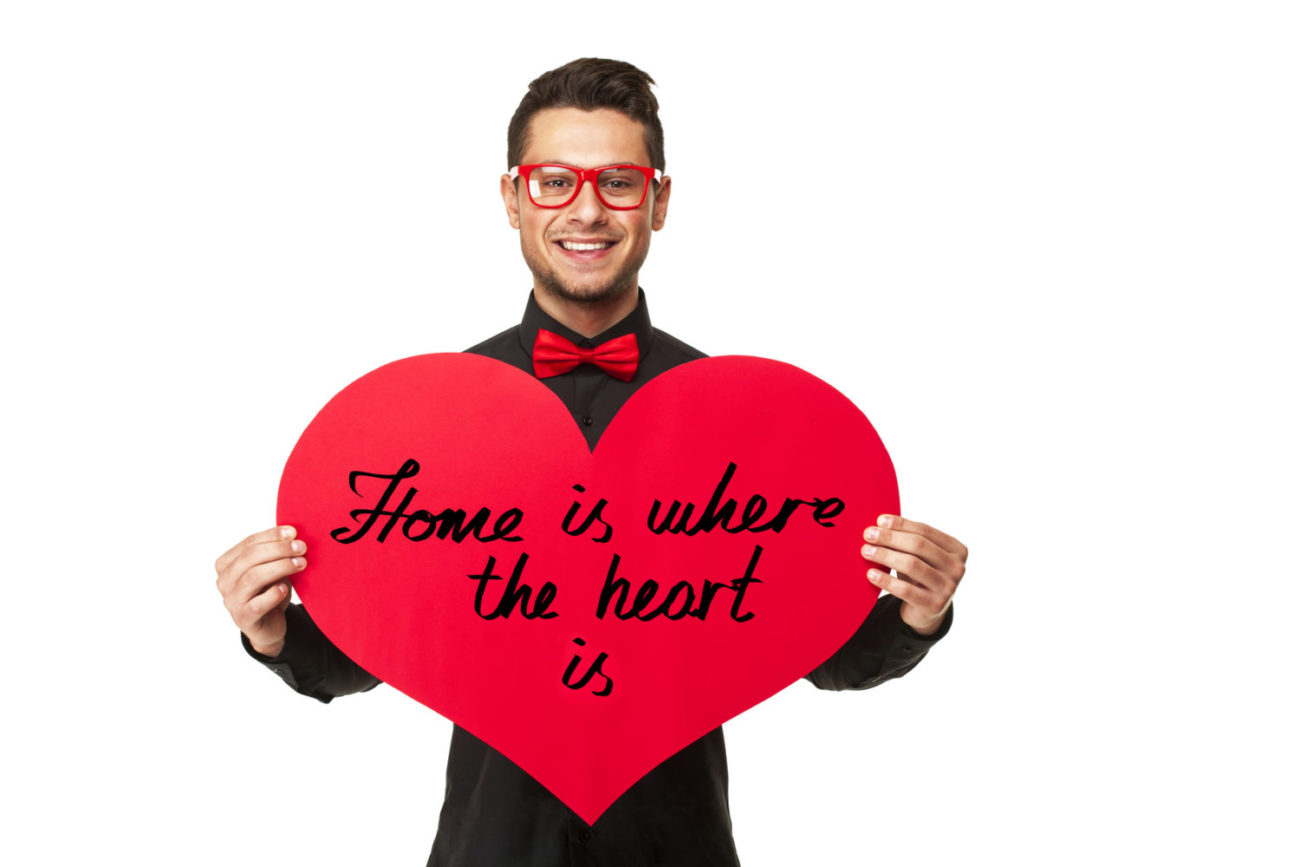Even before I boarded the plane the so-called ‘real world’ was already starting to flood back into my consciousness. There on a giant TV screen in the departure lounge a tearful man was recounting his horror at being caught up in the most recent terrorist attack, this time on holidaymakers in Tunisia. He was describing in detail how he had improvised a lie to explain to his little girl what those explosive popping sounds were. He had told her they were not being made by guns but by fireworks, and that those screams of terror were actually screams of delight. (To my surprise I noticed that the little girl in question was standing right beside him, also in tears, as he told the story, something that lent the tragic events he was describing an even more surreal quality). There was no relief from the horror in the broadsheets, full of page after page of the atrocity on the beach, but when I turned towards the back of one paper there was a much smaller, barely noticeable article telling how floods in Pakistan had claimed the lives of over a thousand of our fellow humans, evidently less deserving of our attention.
For the last ten days I’d been in Seattle, Washington, on what you might call a ‘working retreat’, and all that time I had hardly been exposed to any news at all. Now as I settled into my seat on the plane, I couldn’t help but wonder what I was coming home to. It had been an inspiring trip, during which I’d gained many insights, deepening my sense of connection with the infinite universal intelligence that we all share, and hugely expanding my personal grounding. I was looking forward to being reunited with my family, but at the same time I didn’t want to lose this feeling of peace and wellbeing. In this sense only, I didn’t want to come home.
Growing up I had lived in many different houses, attended many different schools, both in England and in South Africa. I was an only child and like so many others before and since I became caught up in my parents’ very bitter divorce. I was only eight when they split, in 1975, and at first it was assumed that I would continue living with my mum in England. But dad went to work on me, taking me to funfairs, buying me presents and spoiling me rotten. When he dropped it into the conversation that I could live with him abroad if I wanted, I was a sitting duck. I started living with him, first in Australia, later in South Africa. But it never worked out, and I would find myself back in England after a while. This went on for most of my adolescence, going back and forth, until I finally quit school at seventeen and struck out on my own, without qualifications but with a burning desire to make something of myself.
My father passed away a few years ago, and towards the end there was a merciful period of reconciliation between us, but it had always been a difficult relationship. Dad was an alcoholic and a womanizer who married three times. There was a restless energy in him. The grass was always greener and it always seemed that he was looking for a way out. He lived by a set of rules, mostly of his own creation. Some of them were pretty bizarre. He warned me against ever wearing a moustache, and he said that you should polish the soles of your shoes, because when you walked up a flight of stairs, people following behind you could see them.
I don’t think my dad ever felt at home, anywhere.
The plane touched down and I headed for the baggage area, feeling energized and happy. I had had an important new insight, something so fundamental that everything else flowed from it. Dwelling on my past life and the difficulties I had faced as a kid was a trap, as was suffering over the news report of an incident I could do nothing about. It was all ‘outside in’ thinking. I was home now. And this was the secret that I was carrying with me that day: I realised that I had been at home in Seattle too, that I was at home in England, and that I had even been ‘at home’ on that plane.
Where do you call home?

